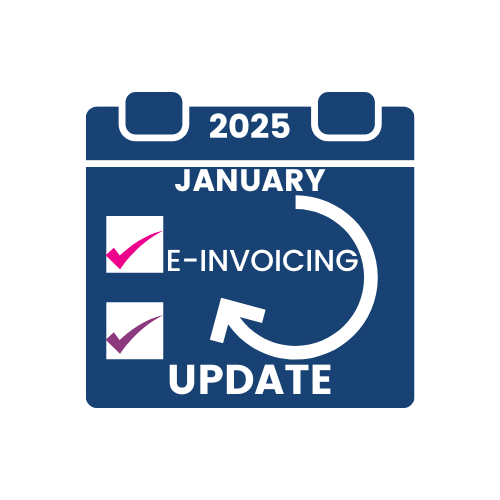EU
OpenPeppol announces the launch of a ViDA pilot. In the wake of the recently agreed upon VAT in the Digital Age (ViDA) proposal, OpenPeppol is introducing a pilot dedicated to the initiative. The pilot will test the applicability of the 5-corner model and how it will address e-invoicing and digital reporting requirements (DRRs) associated with the new proposed regulations.
EU introduces cross-border SME scheme. Starting 2025, EU enforced legislation to promote equality of taxation within the union, regardless of place of establishment. Exemption from VAT obligations will now be possible across several member states through amendments to the SME scheme. The legislation aims to reduce the administrative burdens for small companies while facilitating cross-border trade.
Serbia
Serbia publishes amended E-Invoicing Law. On 28 November 2024, the amended Law on E-Invoicing no. 94/2024 was published in the Official Gazette of the Republic of Serbia. The Law will enter into force on 15 December 2024, with the majority of obligations applicable from 1 January 2025.
Serbia enacts the law on e-delivery notes. The Law on Electronic Delivery Notes was adopted and published in the Official Gazette No. 94/2024 on 28 November 28 2024 and came into force on 6 December 2024.
Australia & New Zealand
In the path of Australia and New Zealand’s smooth transition to Peppol PINT, Peppol Authorities unveiled the November 2024 release of the A-NZ Invoice and Self-Billing specifications v1.0.12 (BIS Billing 3.0 extension) and PINT A-NZ v1.1.0.
France
Peppol Authority for France to be created. The French Administration will become a Peppol Authority for France in the coming months. The creation of the Peppol Authority marks an essential milestone in developing the French CTC mandate.
Hungary
New data reconciliation procedure from 2025. The main purpose of the data reconciliation procedure for the Hungarian Tax Authority (NAV) is to regularly compare the data from the real-time invoice reporting system with the information on the VAT returns, in particular the M sheets, submitted by companies.
Hungarian electricity and gas suppliers must issue e-invoices. Hungary has amended two decrees that will be enforced from 1 January 2025. Such decrees establish concrete e-invoicing requirements for gas distribution companies and energy traders.
Malaysia
Publication of Peppol Specifications for MY PINT Specifications. Peppol released the updated version 1.1.0 of the Malaysian billing specifications that are compliant with the PINT methodology, incorporating invoice and credit note as well as self-billing invoice and credit note transactions.
Portugal
The state budget for 2025 has been approved. On November 29, 2024, the Portuguese Government released news about the Parliament’s decision on the state budget for 2025, confirming that it was approved in the final voting.
Although the Portuguese budget law for 2025 strongly focuses on tax measurements, it also impacts e-invoicing regulation. With this approval, invoices in PDF format will continue to be accepted and treated as equivalent to electronic invoices until December 31, 2025. In other words, taxpayers sending PDF invoices will be allowed to continue to do so all through 2025.
Bulgaria
The draft State Budget Act for 2025 introduces mandatory SAF-T obligation in Bulgaria from 2026. Published on December 9, 2024, the draft law on the State Budget of the Republic of Bulgaria for 2025, among various amendments, introduces the requirement for Bulgarian businesses to submit standard audit files (SAF-T).
Italy
Italy will facilitate daily receipts data reporting and storage. The Revenue Agency (Agenzia delle Entrate) is expected to finalize the technical specifications soon. These specifications allow the use of software solutions as an alternative to traditional telematic registers for daily receipts (corrispettivi giornalieri), data reporting, and storage.
Senegal
Senegal to impose mandatory electronic invoicing. To streamline tax collection in Senegal, the nation announces it will impose mandatory electronic invoicing. The measure aims to combat tax fraud and tax evasion while allowing for real-time, automated monitoring of Value-added Tax (VAT) payments.
Slovakia
The Slovak Government aims to enhance the fight against tax evasion by introducing mandatory electronic invoicing. According to the public consultation, from January 1, 2027, VAT taxpayers must issue and receive invoices in a prescribed electronic format that allows automatic processing for domestic transactions. Taxpayers must also report invoice data to the financial administration in real time for issued and received e-invoices. The public documentation makes clear that upcoming obligations will be aligned with the VIDA proposal.




